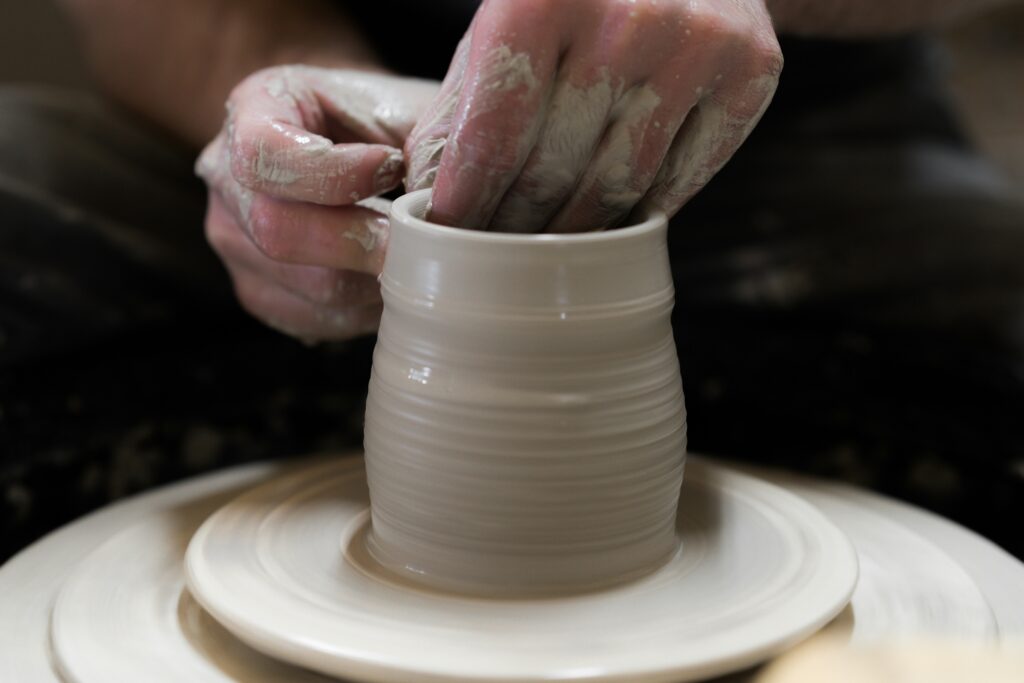Make your life happier without much effort by taking up these easy habits.
Do something you’re not very good at
Embarking on ambitious pursuits and setting high targets is often associated with the start of a new year. However, it’s worth considering exploring new activities throughout the year, purely for the sake of enjoyment rather than achievement. Select an activity or goal and avoid setting strict standards for yourself. Instead, commit to simply finding pleasure in the experience, regardless of the time of year or how good you are at it.
Get some morning sunlight
Just 10 minutes of morning sunlight exposure each day can regulate our moods, improve sleep quality, and contribute to overall happiness and well-being. Sunlight facilitates the synthesis of vitamin D through UV rays on the skin, and a deficiency in this vitamin can result in mood alterations and feelings of sadness. Additionally, research indicates that early morning light exposure enhances serotonin production, a crucial neurotransmitter associated with feelings of well-being and happiness.
Exercise – even 10 minutes is enough
Engaging in regular physical activity has been shown to release endorphins, those feel-good hormones that can lift your spirits and enhance your overall well-being. Whether it’s a brisk walk, gentle stretching, or even light resistance training, incorporating a short exercise routine into your daily routine can have profound effects on your happiness and vitality.

Carve out 15 minutes for you
Our days often feel like chaotic scrambles, leaving us feeling perpetually behind. By setting your alarm a bit earlier, you can carve out an extra 15 minutes each morning to reclaim some valuable time for yourself.
Avoid screens first thing
This establishes the mood for your day and can quickly evoke feelings of inadequacy, overwhelm, stress, anxiety, or a sense of being constantly behind.
Eat protein with every meal
Boost your mood with high-protein foods. Take nuts and seeds, for instance; they’re rich in plant protein and contain tryptophan, an amino acid that promotes serotonin production. Serotonin is renowned for its mood-enhancing properties.
Do something playful
In the hustle and bustle of adulthood, we often overlook the importance of play, considering it a luxury we cannot prioritise. However, integrating play into our lives is essential for overall happiness. Whether it’s through games, puzzles, creative activities like pottery or painting, or even simple pleasures like ice skating or coloring, we discover a hidden truth: play isn’t just enjoyable, it’s a potent mood booster. Participating in playful activities triggers the release of neurotransmitters like dopamine and endorphins, leading to improved mood and reduced stress levels, thus making it a valuable daily practice for personal transformation.

Seek out humour
When was the last time you laughed? Really laughed? Humour adds vibrancy to life, so if it’s been a while since your last laugh, seek out situations that might elicit it. Humour isn’t always easy to come by, and even the cleverest jokes don’t always result in laughter, but fostering a mindset that embraces humour can invite amusement. Make a conscious effort to awaken your sense of humour if it’s been dormant. We all go through somber times, but humour is like a skill that occasionally needs refreshing.
Disconnect
Cease the habit of constant availability. Our daily reliance on technology keeps us in a perpetual state of stimulation, always reachable. To gain insight into your smartphone or internet usage, monitor your daily screen time. Set objectives to decrease this usage or allocate specific times for complete disconnection.
Swap texts for calls
Instead of sending a text to your friend, consider giving them a call. The warmth of hearing a familiar voice can be incredibly uplifting. In today’s world of rushed text messaging , it’s important to remember the true essence of telephones – connecting through meaningful voice conversations.
Avoid the news before bed
One of the simplest yet highly impactful habits that are often recommended is to be mindful of the media you consume and its format before bedtime. Just as drinking coffee before bed isn’t advisable, neither is watching late-night news or thrilling movies. Our autonomic nervous system can’t distinguish between what we watch and our actual experiences. Therefore, it’s beneficial to catch up on news earlier in the day and disconnect from electronic devices before bedtime.
Try non-alcoholic options
Indulging in a glass of wine or beer at the end of a tough day may seem like a reward, but the alcohol content can disrupt your sleep and exacerbate anxiety. Fortunately, the increasing availability of zero-proof beverages offers a solution. By opting for alcohol-free beers, wines, and spirits, you can savour the flavors you love without any negative effects. Consider swapping your nightly wind-down drink for an alcohol-free alternative and experience the positive impact on your sleep quality and mood.
Try humming
Humming has a positive effect on our vagus nerve, activating the parasympathetic nervous system known for promoting relaxation and digestion. Additionally, it triggers the production of nitric oxide in both our nasal passages and lungs, which in turn widens our blood vessels, arteries, and capillaries, facilitating smoother blood flow and lowering blood pressure. Just five minutes of humming daily not only aids in relaxation and mood enhancement but also diminishes stress and inflammation.
Embrace moments of calm
Incorporating moments of stillness into our busy routines can make a significant difference in our pursuit of a happier life. By beginning with short breaks and gradually extending them, we can nurture a sense of tranquility and mindfulness. For instance, when waiting in line at the supermarket, resist the temptation to reach for your phone. Instead, take the opportunity to be fully present, observe your surroundings, and simply breathe.

